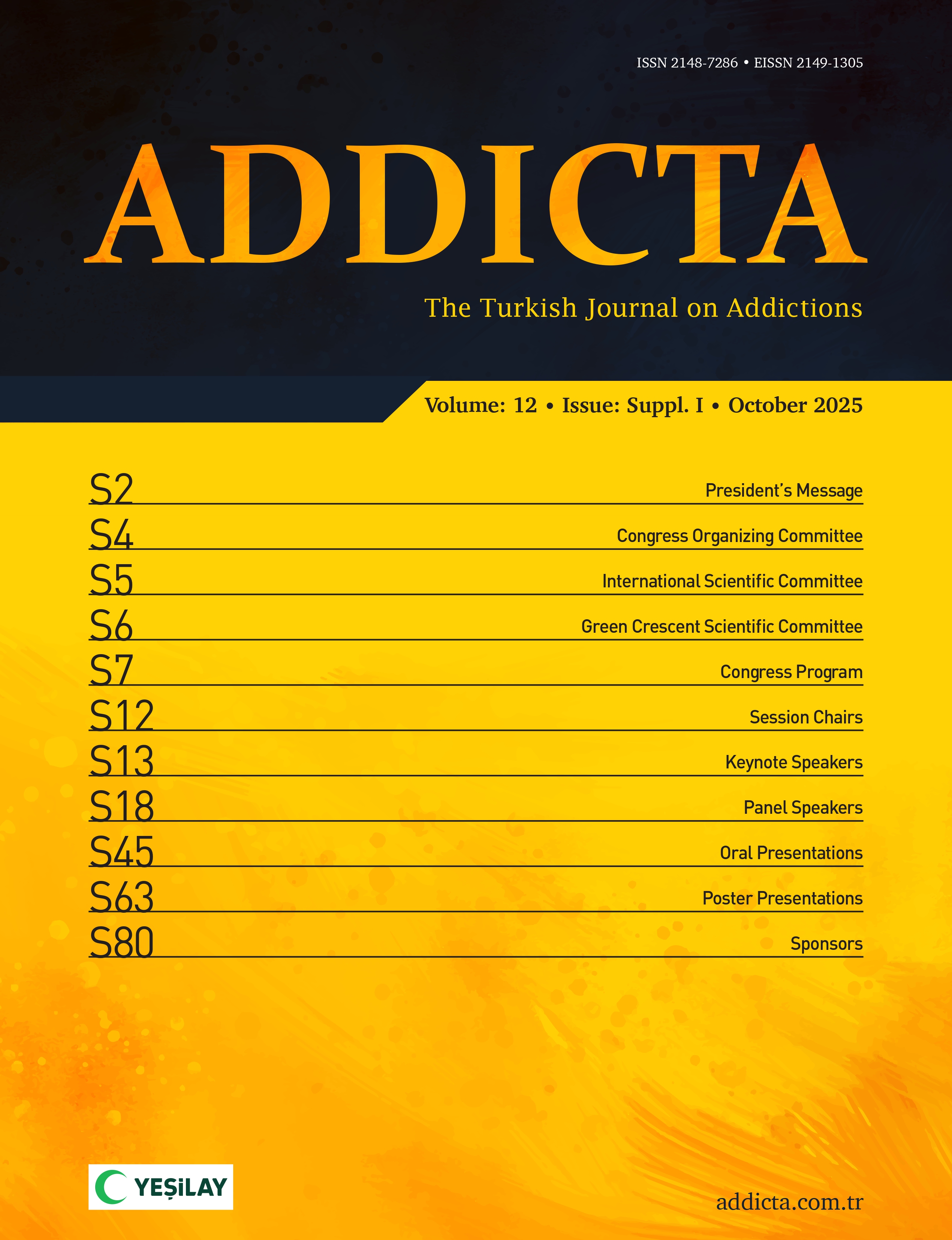Problematic smartphone use refers to a pattern of behavior that negatively affects individuals’ psychological, social, and physical well-being and has therefore become a significant focus of academic research. Individuals engaging in problematic smartphone use often experience withdrawal symptoms when unable to access their smartphones, which can disrupt daily life, academic performance, and social relationships. The development of problematic smartphone use has been linked to several psychological factors, with the fear of missing out emerging as a key predictor. Fear of missing out is conceptualized as an outcome of unmet basic psychological needs, as explained within the framework of Self-Determination Theory. Moreover, previous studies suggest that boredom proneness may also play a role in problematic smartphone use, as individuals prone to boredom tend to use smartphones to seek stimulating or rewarding experiences. Given the adverse consequences of problematic smartphone use, it is crucial to better understand the underlying factors contributing to this behavior. The present study investigated the mediating role of boredom proneness in the relationship between fear of missing out and problematic smartphone use among university students. In this study, these relationships were examined theoretically within the framework of the Person-EmotionCognition-Application Interaction model. According to this theoretical perspective, boredom proneness serves as an affective reaction mechanism in the relationship between fear of missing out and problematic smartphone use. A total of 515 university students from a state university participated in this cross-sectional study, completing an online survey via Google Forms. Measures included the Short Boredom Proneness Scale, the Smartphone Addiction Scale–Short Form, and the Fear of Missing Out Scale. Analyses controlled for gender. The mediation pattern held after controlling for gender; female students reported higher problematic smartphone use than males, whereas gender did not predict boredom proneness. The findings revealed that fear of missing out has both a direct and an indirect effect on problematic smartphone use, with boredom proneness serving as a partial mediator in this relationship. These results highlight the importance of targeting both fear of missing out and boredom proneness in intervention and prevention strategies aimed at reducing problematic smartphone use.
Cite this article as: Gezgin, D. M. (2025). Unveiling the mediating role of boredom proneness in the relationship between FoMO and problematic smartphone use among undergraduates. Addicta: The Turkish Journal on Addictions, Published online November 7, 2025. doi:10.5152/ ADDICTA.2024.25519.

.png)


.png)
.png)